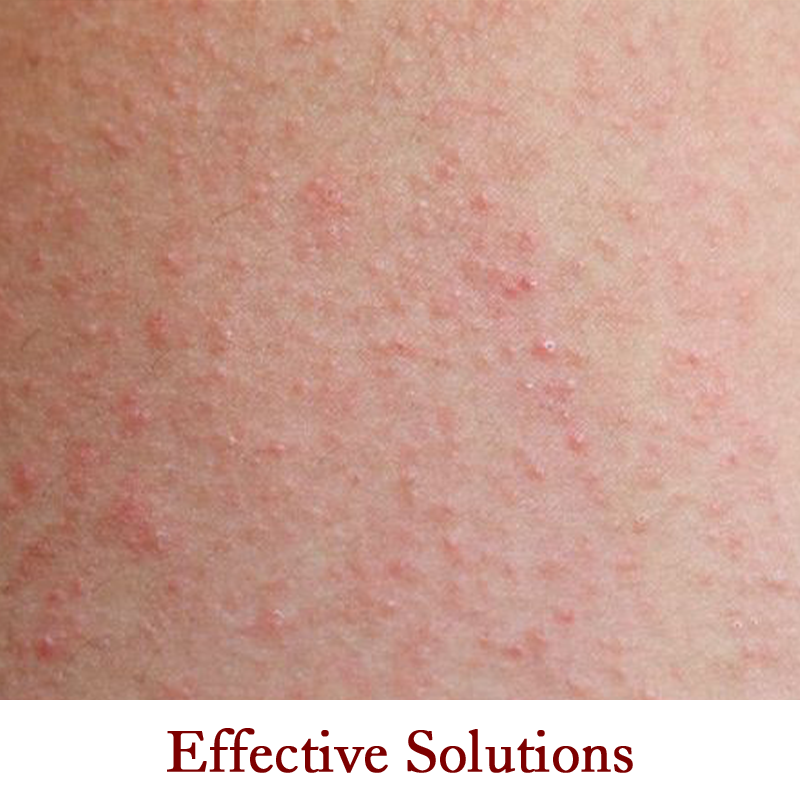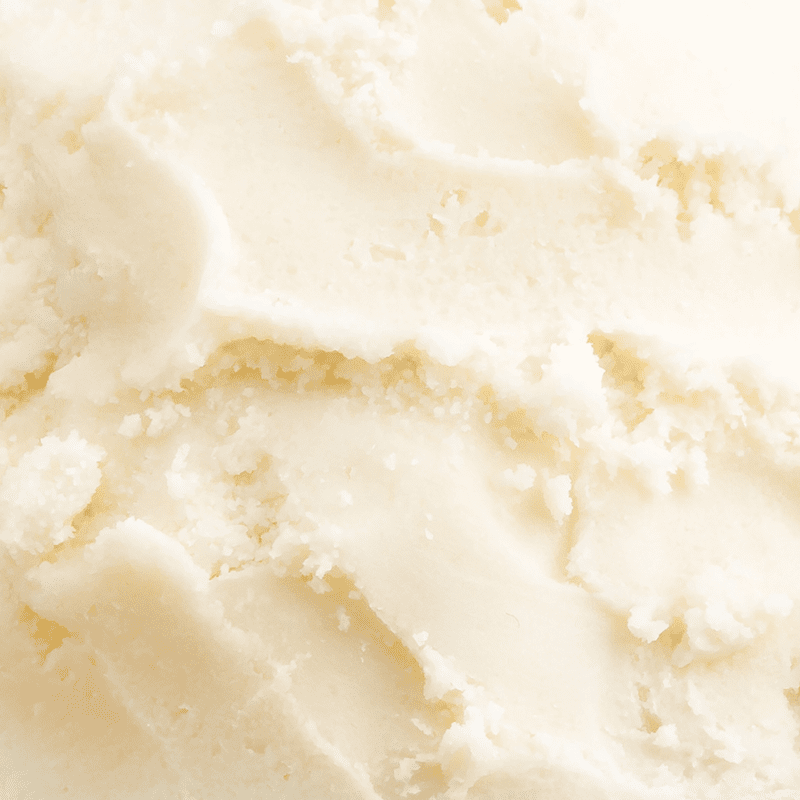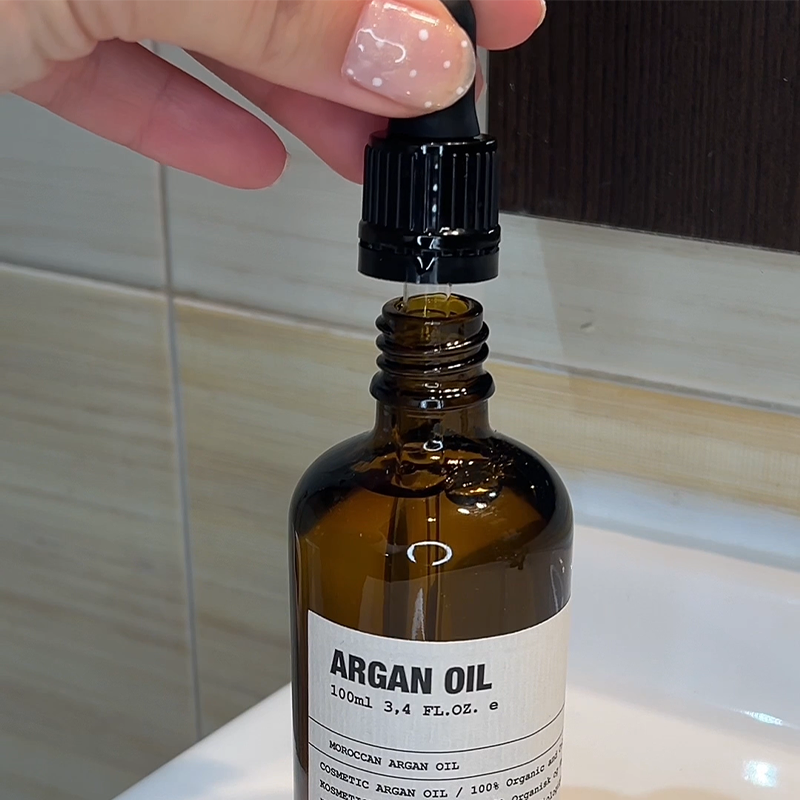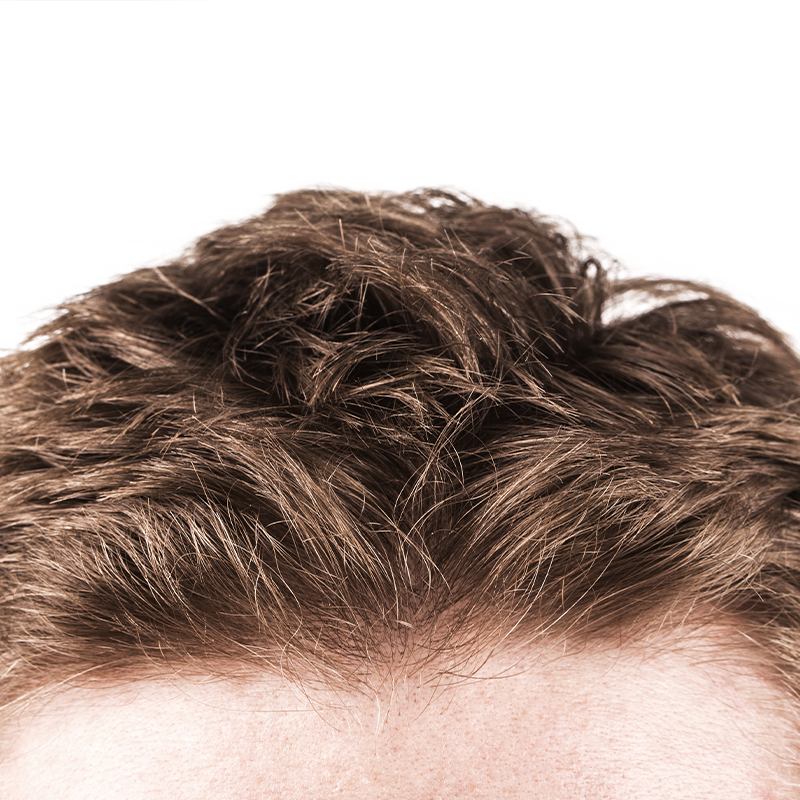What is African black soap?
African black soap is an ancient beauty secret originating from West Africa. Known for its natural ingredients and powerful cleansing properties, this soap has captured the attention of skincare enthusiasts worldwide. Made from organic materials like shea butter, coconut oil, and ash from burned plants, African black soap not only provides gentle cleansing but also supports skin renewal and reduces impurities. Whether you're looking for a solution for blemish-prone skin or simply want a natural addition to your daily beauty routine, this soap is versatile and effective. In this article, we'll dive deeper into the world of African black soap, explore its many benefits, and learn how to best use it for a radiant, healthy complexion. Discover why this soap is a must-have in your skincare arsenal!
Introduction to African Black Soap
African black soap, also known as 'Anago soap' or 'Alata Samina', is a natural beauty product that has been used for generations by people in West Africa. The soap is renowned for its rich history and numerous skin benefits. What sets this soap apart from conventional soaps is its unique composition and traditional preparation method, both contributing to its effective action on the skin.
One of the most distinctive aspects of African black soap is that it consists entirely of natural ingredients. In a world where synthetic substances and chemical additives have become the norm, this soap offers a refreshing alternative for those seeking a more natural approach to skincare. The ingredients used in the soap are carefully selected and traditionally processed, preserving the soap's authentic properties.
The popularity of African black soap has grown tremendously in recent years, partly due to the increasing demand for natural and organic skincare products. Many people have discovered the benefits of this soap and now consider it an essential part of their daily beauty routine. This article provides a comprehensive guide to African black soap, covering its history, ingredients, different varieties, and the benefits it offers.
History and origin of African black soap
The history of African black soap dates back hundreds of years and originates in the villages of West Africa, particularly in countries like Ghana, Nigeria, and Togo. The knowledge of making this soap has been passed down through generations, often within families, and its preparation method is closely tied to the cultural traditions of these regions. The soap was originally used for both personal hygiene and washing clothes.
The traditional method of making African black soap is a process that requires craftsmanship and patience. It begins with burning plants like palm leaves, cocoa pods, and shea butter trees to produce ash. This ash is then mixed with water and filtered. The next step involves adding oils like coconut oil and palm oil, which are boiled together with the ash until a smooth, creamy substance forms. This mixture is then cured and cut into pieces.
These traditional methods ensure that the natural benefits of the ingredients are preserved. The process of making African black soap is largely done by hand, contributing to the authenticity and quality of the final product. Modern versions of the soap often remain faithful to these methods, although some manufacturers have introduced innovations to optimize production without compromising quality.
Ingredients of African black soap
The secret behind the effectiveness of African black soap lies in its natural ingredients. These ingredients are carefully selected for their cleansing, hydrating, and healing properties. Shea butter is one of the soap’s key components, renowned for its deep moisturizing and nourishing qualities. It helps keep the skin soft and supple while aiding in healing scars and skin irritations.
Another essential ingredient is coconut oil, known for its antibacterial and antifungal properties. Coconut oil helps cleanse the skin without drying it out, making it ideal for those with sensitive skin. Additionally, African black soap contains palm oil, which is rich in vitamin E and antioxidants. These help protect the skin from free radicals and promote a healthy, radiant complexion.
The ash from burned plants, such as cocoa pods and palm leaves, also plays a crucial role in the soap’s composition. This ash acts as a natural exfoliant, helping remove dead skin cells and promoting cell renewal, leaving the skin smoother and more radiant. The use of these natural ingredients ensures that African black soap is free from synthetic chemicals, making it a safe and effective alternative to commercial skincare products.
Benefits of using African black soap
There are numerous benefits associated with using African black soap, making it a popular choice for those seeking natural skincare products. One of the most notable advantages is the soap's versatility. It can be used to cleanse both face and body, and is effective for a wide range of skin types, from dry to oily and everything in between.
African black soap is particularly effective in combating acne and other skin impurities. The antibacterial properties of ingredients like coconut oil and plant ash help kill acne-causing bacteria. Additionally, the soap helps regulate sebum production, preventing further breakouts. Many users report significant skin improvement after regular use.
Another key benefit is its ability to reduce hyperpigmentation and even out skin tone. The natural exfoliating properties of the ash help remove dead skin cells and promote cell renewal, which can diminish dark spots and scars for a brighter, more even complexion. Moreover, the soap is rich in antioxidants that combat free radicals and protect against premature aging.
Different types of African black soap
While African black soap is typically associated with its characteristic dark color, various types are available that may differ based on ingredients and preparation methods. Traditional African black soap usually has a brown to black color with a rough texture containing small particles of burned plants. This soap is often sold in blocks that can be crumbled and mixed with water to create a foaming cleanser.
Modern versions of African black soap also come in liquid form. These liquid soaps retain the natural ingredients and benefits of traditional solid soap while offering more convenient application for those who prefer liquid cleansers. Liquid African black soap is typically packaged in pump bottles, making it easy to dispense and ideal for shower use.
Additionally, there are African black soaps specifically formulated to address certain skin needs. Some varieties may contain extra ingredients like aloe vera, honey, or essential oils to provide additional hydration, soothing effects, or aromatic benefits. These specialized formulas offer extra advantages and can be selected based on personal preferences and specific skin concerns.
Conclusion and recommendations
African black soap is undoubtedly a valuable addition to any skincare routine. With its rich history, natural ingredients, and numerous benefits, this soap offers an effective and safe way to cleanse and care for the skin. Whether you're looking for a solution for acne, hyperpigmentation, or simply want to use a natural cleanser, African black soap can meet all these needs.
It's important to remember that, as with any skincare product, consistency is key. Regular use of African black soap can lead to significant improvements in skin health and appearance. It's also recommended to experiment with different types and formulas of the soap to discover which works best for your specific skin type and needs.
If you've never used African black soap before, it's a good idea to start with a small amount and observe how your skin reacts. Since the soap is completely natural, the likelihood of side effects is minimal, but it's always wise to be cautious when introducing new products to your routine. With the many benefits African black soap offers, it's certainly worth discovering these ancient beauty secrets for yourself.



